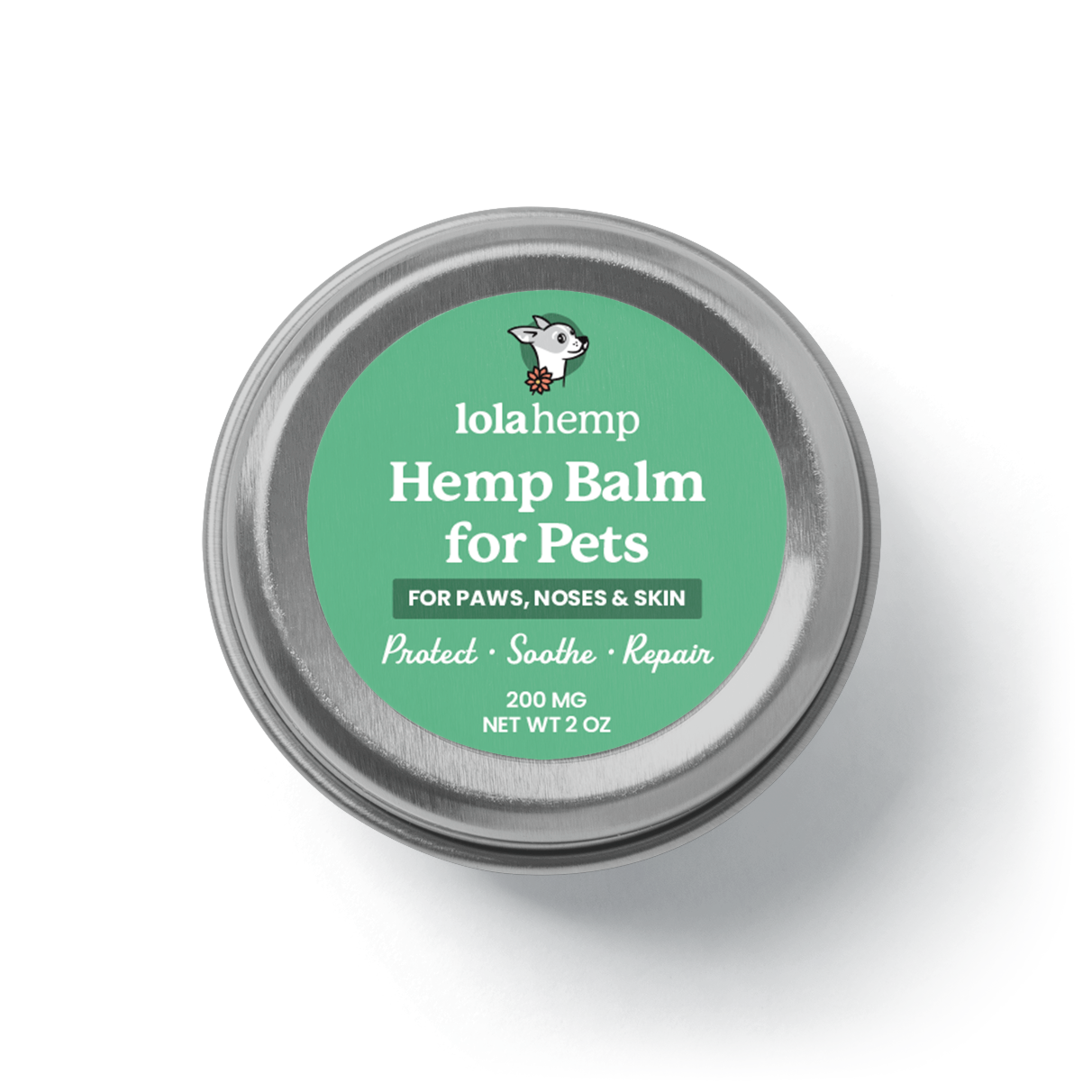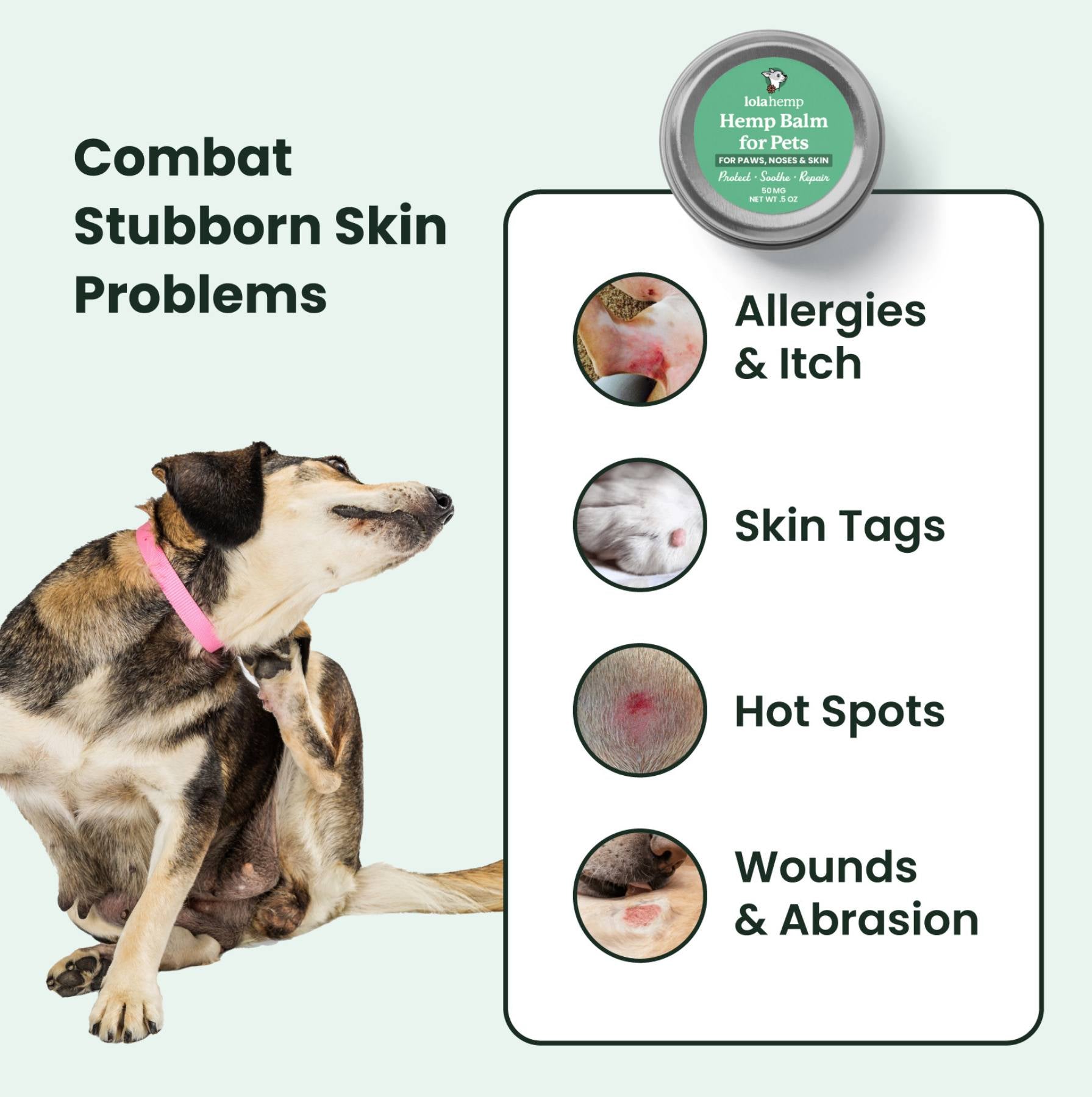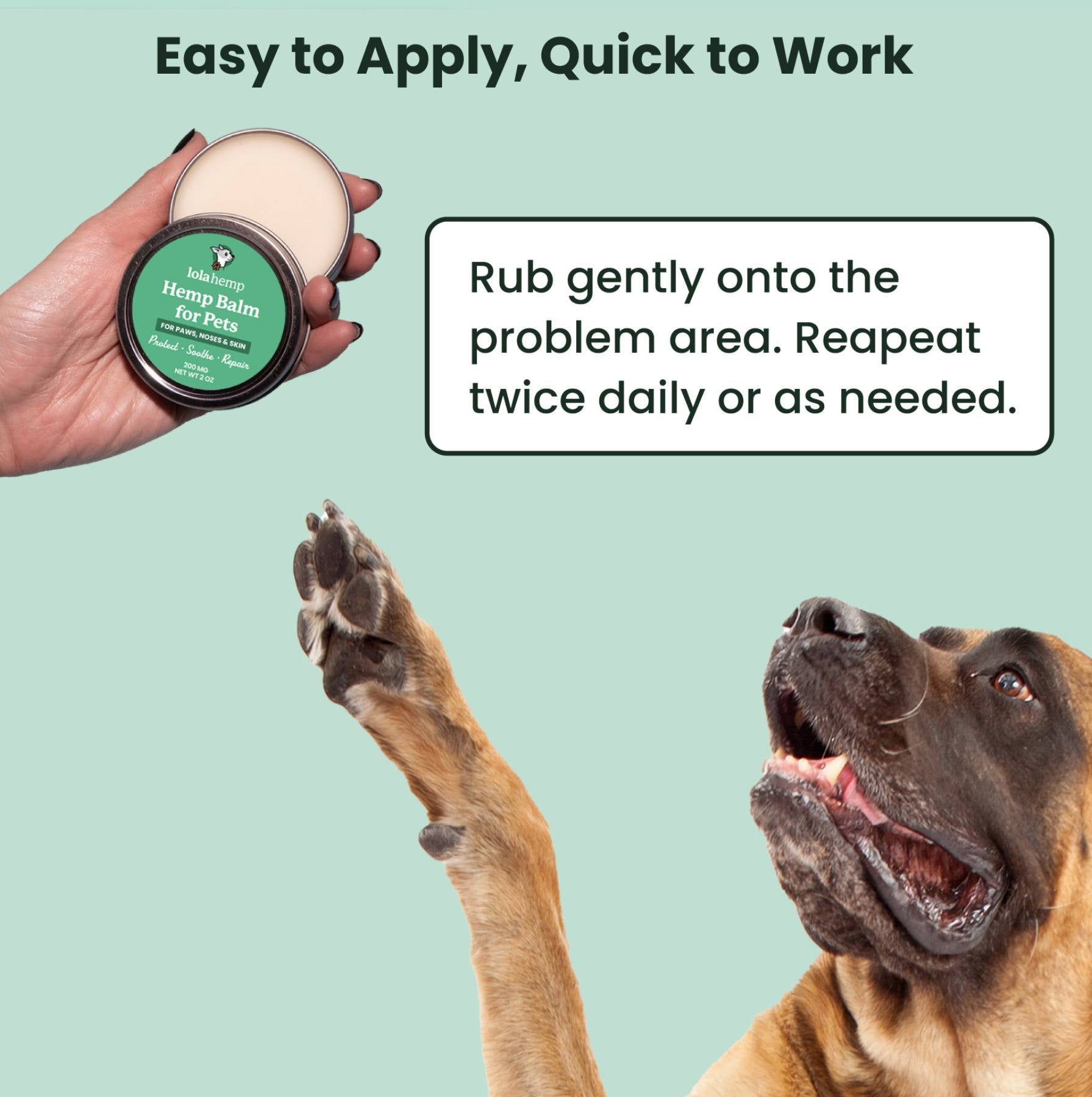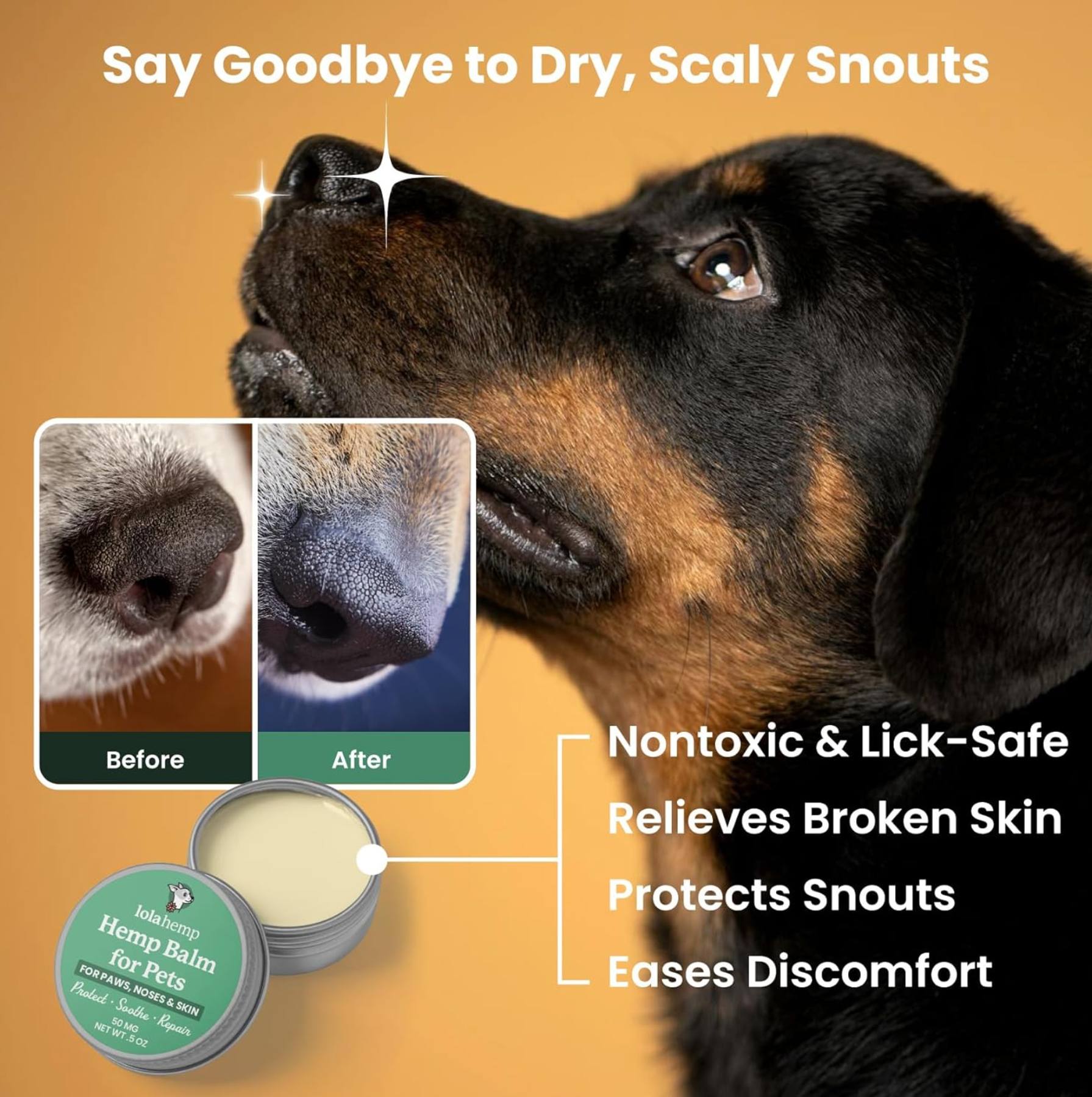The French Bulldog, surprisingly, actually has its origins in Nottingham, England. These small companion dogs were bred for their small size, charm, and portability, largely for those working in the textile industry in England. Although it is primarily a companion, the French Bulldog falls into the Non-Sporting Breed Group rather than the Toy Breed Group.
Their primary duty was, and has always been, serving as a lovable family member. French Bulldogs also have the added bonus of being adept at catching rats in homes and workshops, which is part of the reason they were cherished in the textile industry.
After their origins in 1800s England, they found interest in Paris, France. The hustling and bustling lifestyle of the Parisians was perfectly suited to this small Bulldog with minimal exercise needs. Still, these dogs are wonderful fits for city life, and can truly adapt to most households.
For these reasons and more, the French Bulldog has become one of the most popular dogs in the United States. Let's take a closer look at the history of French Bulldogs, tips for ownership, and more.
The History of French Bulldogs
The roots of the French Bulldog trace back to ancient times, when small mastiff-type dogs were used by the Romans and later adapted across Europe as compact working dogs. These early bulldog ancestors were prized for their toughness and tenacity, often used for bull-baiting or guarding livestock. Over centuries, as blood sports were outlawed and the role of dogs shifted toward companionship, English breeders began refining bulldog lines into smaller, gentler versions that better suited indoor life—laying the groundwork for what would become the French Bulldog.
By the mid-19th century, lace makers in Nottingham began breeding these toy-sized bulldogs to serve as affectionate lapdogs and efficient vermin catchers. When many of these lace workers relocated to France during the Industrial Revolution, they brought their dogs with them. French dog enthusiasts eagerly embraced the breed, further developing its look and temperament. The “bat ears” we associate with Frenchies today became a signature feature thanks to French preference, even though English breeders initially favored the rose-shaped ear.
As the breed grew in popularity in France, it became a favorite among artists, bohemians, and café society, often seen trotting alongside Parisians in the late 1800s. Their fame eventually spread across the Atlantic, where they gained a devoted following in the United States by the early 20th century. Today, French Bulldogs are celebrated not only for their charm and expressiveness, but also for their adaptability to modern living—especially in apartments and urban environments. From humble beginnings in English lace mills to their current place among the top-ranked dog breeds globally, French Bulldogs have undergone a remarkable journey of reinvention and affection.

Qualities & Personality of The French Bulldog
French Bulldogs are generally considered to be sweet and affectionate, yet playful and, occasionally, mischievous. These little lapdogs are comfortable spending some time with you on the couch, but in a split second, they could dart around the house with the full intensity of zoomies.
At the same time, these dogs are trainable, adaptable, and smart. That intelligence can veer into stubbornness at times as well. These are well-rounded dogs that are capable of fitting into most lifestyles, even if they're active.
Just note that French Bulldogs aren't built for excessive energy exertion, especially over long periods of time. They can burst with the full intensity of a cheetah, but they shouldn't be prompted to keep that exertion going.
Bulldogs of all kinds of brachycephalic, which means their muzzle has been bred to be shorter and more compact and this causes airflow and breathing issues. This misfortunate result of breeding reduces the French Bulldog's lifespan, and makes it very risky for the to overly exert themselves.
So, while your little Frenchie can be a handful at times, those times tend to be short-lived.
Health Issues of The French Bulldog
French Bulldogs, like all dog breeds, are susceptible to common canine health concerns such as dental disease, joint issues, and skin allergies. However, due to their unique body structure and genetics, they are particularly prone to a number of breed-specific health problems that prospective owners should be aware of.
One of the most significant concerns is brachycephalic airway syndrome—a result of the breed’s flat face and short snout. This condition can cause difficulty breathing, snoring, overheating, and intolerance to exercise, especially in hot or humid weather. Frenchies may also require surgery to correct narrowed nostrils or elongated soft palates. Alongside this, spinal problems like intervertebral disc disease (IVDD) and hemivertebrae are more common due to their compact, muscular build and screw-shaped tails.

Additionally, French Bulldogs are prone to skin fold dermatitis due to their facial wrinkles, as well as cherry eye, hip dysplasia, and allergies—both environmental and food-related. Because of their sensitive digestive systems, they may also experience gastrointestinal issues. Regular vet visits, maintaining a healthy weight, and choosing a reputable breeder can help mitigate some of these risks, but it’s important to understand that Frenchies often require a higher level of veterinary care throughout their lives.
So, Is a French Bulldog Right for You?
French Bulldogs are exceptional companions, and with a little time for training, they can fit into almost any lifestyle. These dogs don't come with a lot of additional requirements that might restrict some potential pet owners.
Just be sure to stay on top of vet visits and accommodate your grooming habits to support your Frenchie's skin folds, which can cause bacterial infections. With a healthy amount of daily activity (but not too much), and a healthy diet, a French Bulldog could be just the best friend you've been looking for!










